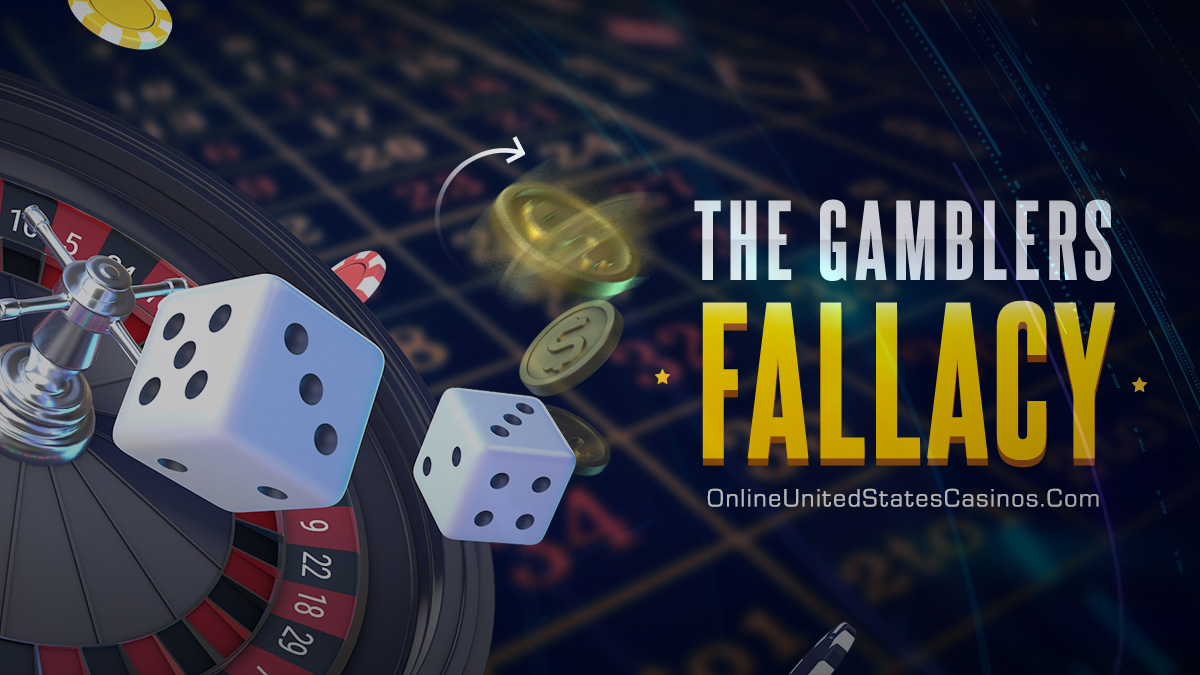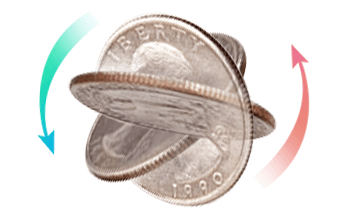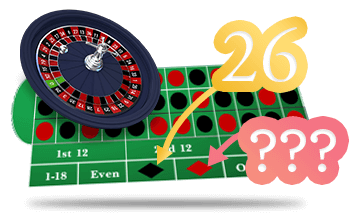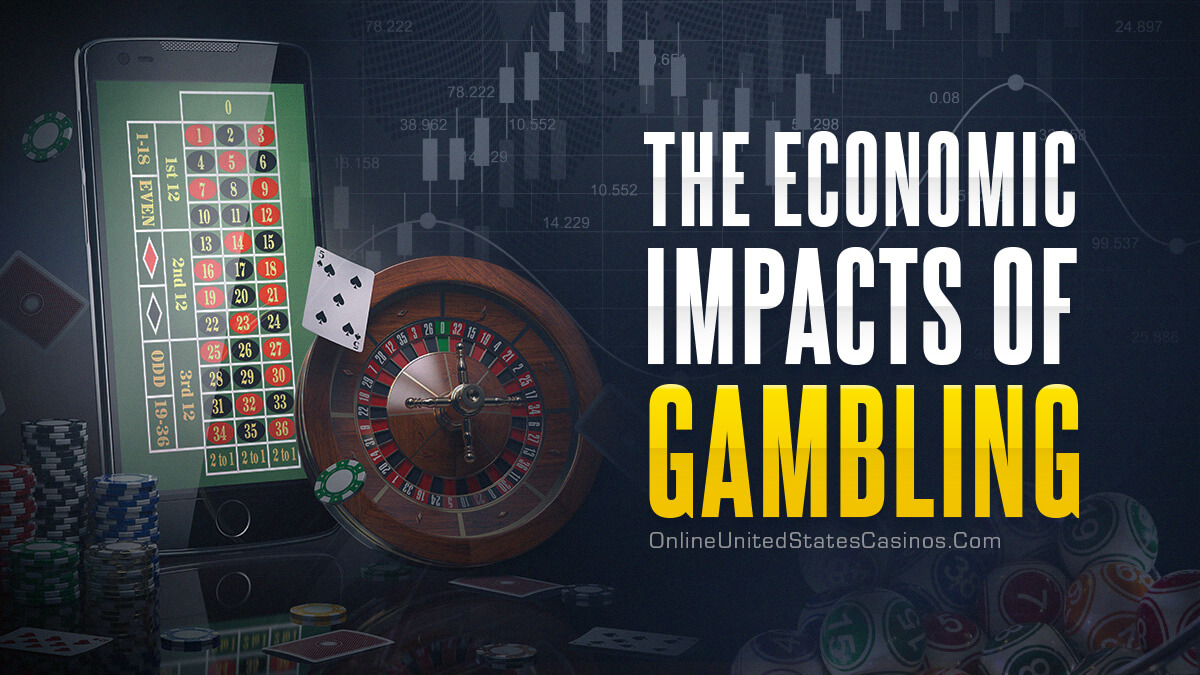
The ball has to land on red next. The batter is due. We hear these phrases, and ones like them a lot, especially during an event that involves chance. That is specially true for casino game players. Somehow the ball lands black once more, and the all-star player grounds out for the tenth time in a row. How could this happen?
Even though it feels right, the probability of an event doesn’t always change from one instance to the next. This flawed logic comes under the umbrella of a thing called the Gambler’s Fallacy. The phenomenon arises in business, the courtroom and is too often a factor in the casino.
What is The Gambler’s Fallacy?

Gambler’s Fallacy is the misguided belief that if an event occurred more than expected in the past, it’s less likely to happen in the future and vice versa. It’s easy to start thinking this way even though the events are independent of one another.
In other words, while each instance has a fixed probability, we mistakenly depend on a law of averages. Simply failing to acknowledge that future occurrences are not affected by those that already happened has potentially costly downfalls.
Some Prime Examples of Gambler’s Fallacy
The Gambler’s Fallacy comes up in many aspects of life, some more serious than others. In fact, one study showed that judges are less likely to grant asylum in a third case after pardoning two previous cases. Let’s look at some classic examples and their flawed logic.

The Coin Toss
Okay, you set out to flip a coin 10 times. The first six coin flips come up heads, so you reason that tails must land next. That is where the fallacy comes in.
Every coin toss has the same 50-50 chance of ending up heads or tails. It’s this fixed probability that we too often ignore.

Monte Carlo Casino Roulette
Ever approach a roulette table and see eight black numbers just hit in a row? Players at the Monte Carlo Casino did in August 1913.
Everyone was confident that the little ball would land on a red number next. But the streak stretched to 26 blacks, and gamblers lost millions of francs.

Traveling by Airplane
The more airline flights you take, the more likely you will be involved in a plane crash sooner or later. It makes sense, right? Wrong.
Every flight is different and independent. The data shows the odds of your plane going down are about one in 12 million. That doesn’t compound with each subsequent flight.

Loan Approvals
Studies have noted “negatively autocorrelated” decision-making among loan officers. That’s right. Some professionals avoided approving a loan after okaying several loans in a row.
They don’t think a streak like that should occur. You can give it any fancy name, but it is the same Gambler’s Fallacy logic.

The Psychology Behind Gambler’s Fallacy
There is a reason our brains work this way. It’s called cognitive bias, or a tendency to stray from rationality because of how we gather and process information. We think in small numbers, which leads to the false belief that small samples must represent much larger ones.
We also don’t like randomness because it’s unpredictable. We prefer order, consistency, and things that are easily explained.
Avoid Falling Victim to Gambler’s Fallacy

As gamblers, we all encounter the Gambler’s Fallacy from time to time. We know a winning or losing streak has to end sometime, so we gamble on that notion. Even though many betting systems don’t account for long losing streaks, many players even try progressive wagering.
To avoid the Gambler’s Fallacy, you must be conscious of the independence of every event. Just because the return to player (RTP) percentage of a game is 98% doesn’t mean that figure will get reflected in the 20 rounds you experience. That number often takes thousands of spins or dice rolls for the math to balance out.
Just consider that the dice can’t remember previous rolls, or the ball cannot influence future spins. Don’t play according to irrelevant events of the past; only consider relevant odds of the present.

Not All Probability Situations Are a Trap
There are some casino games where the Gambler’s Fallacy doesn’t apply.
Poker, for instance, has odds that adjust throughout the hand. There are a fixed number of cards, so when some get revealed, you know they aren’t available to draw and won’t be in the opponent’s hand.
Also, card counters in blackjack keep account of high and low cards that have been revealed from the shoe already. They can use math to calculate the chances of hitting them on the next draw more accurately.
Random is Random, and Luck is Luck
Statistics show that people with higher IQs tend to fall victim to the Gambler’s Fallacy more often than people with lower IQs. So, you’re not dumb because you get trapped by it from time to time.
Ultimately, all games of chance have odds and probabilities linked to them. Trying to predict an outcome is particularly improbable if you are playing at an online casino with a random number generator. In person you might be able to calculate the cards remaining in the shoe, but online it’s impossible since each new hand is generated from scratch.
If you ignore past results and consider random chances independently, you will be a better player. Plus, you will always be subject to consistent odds and a little luck.




